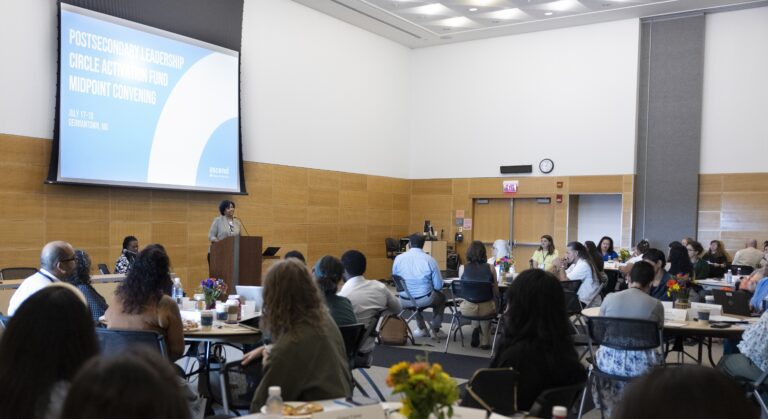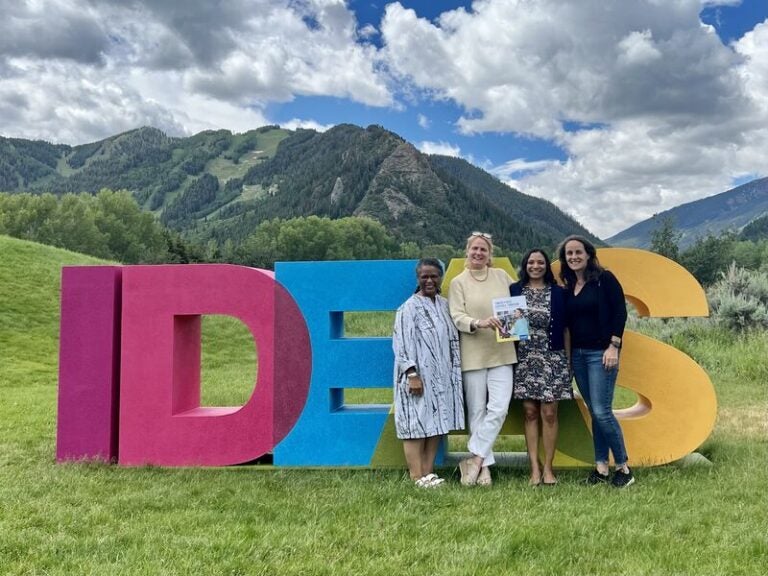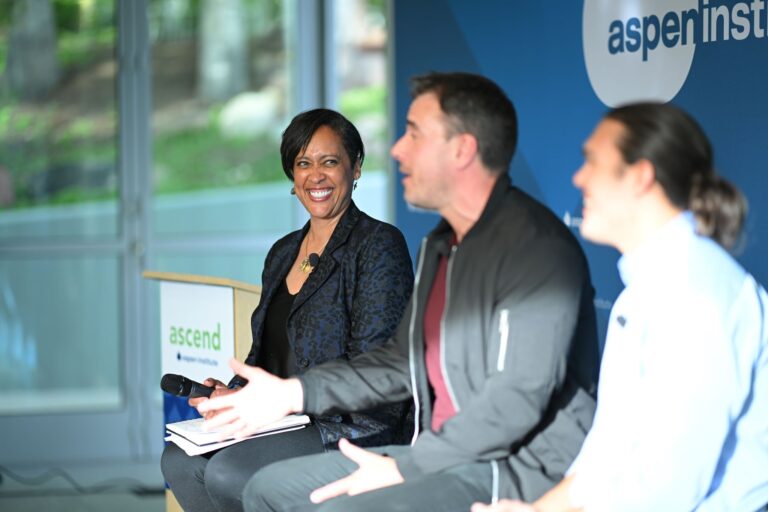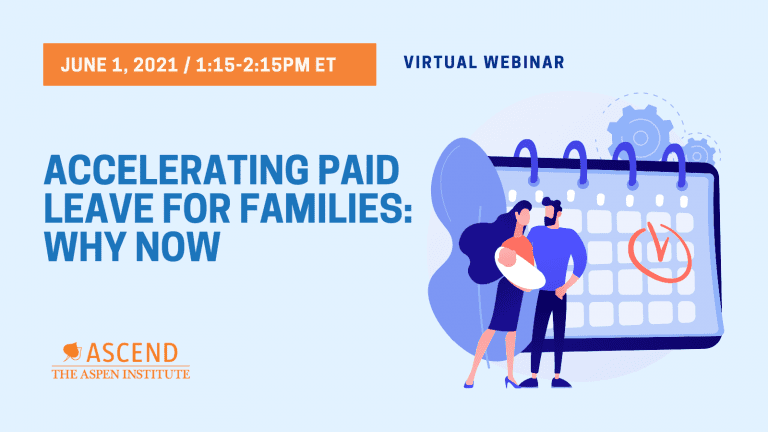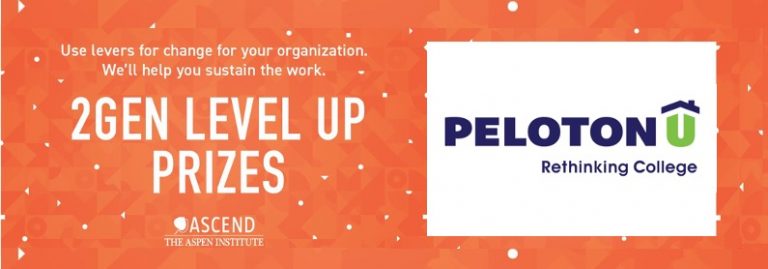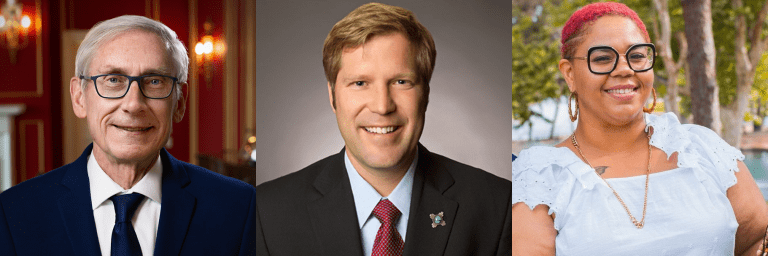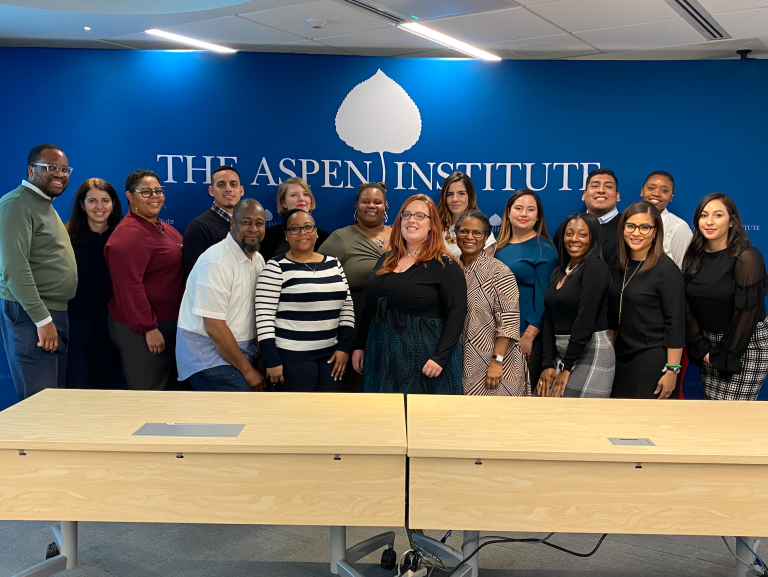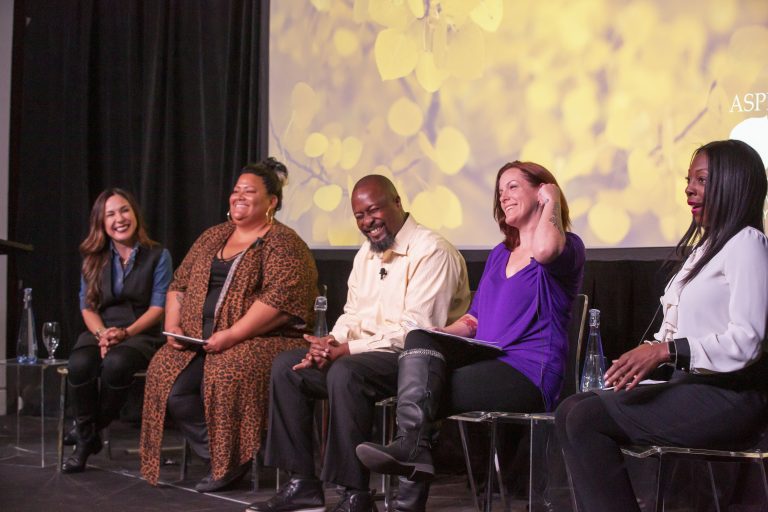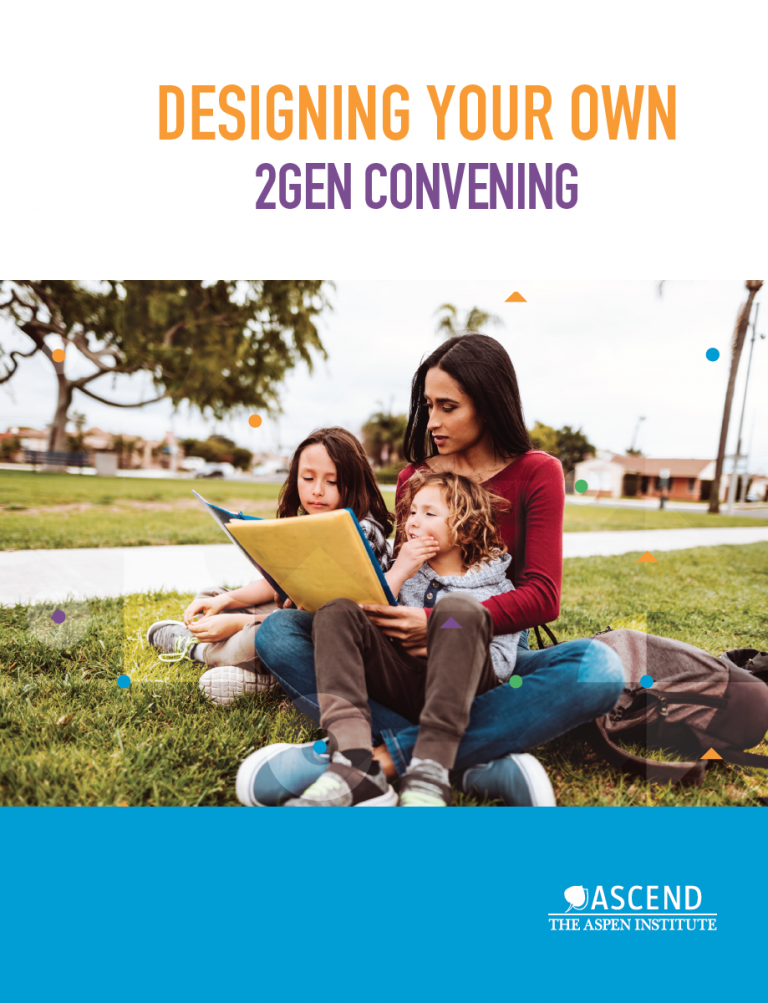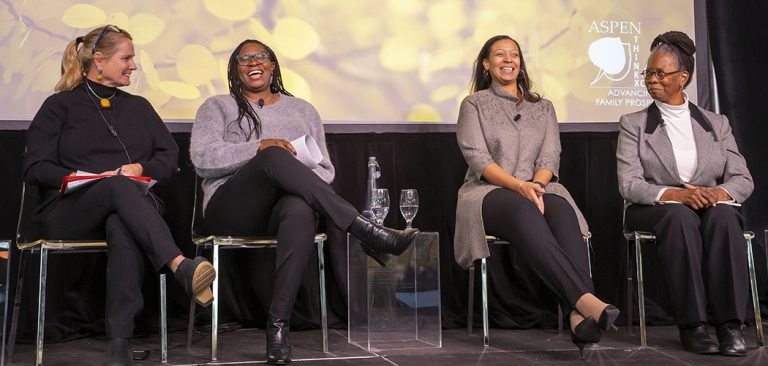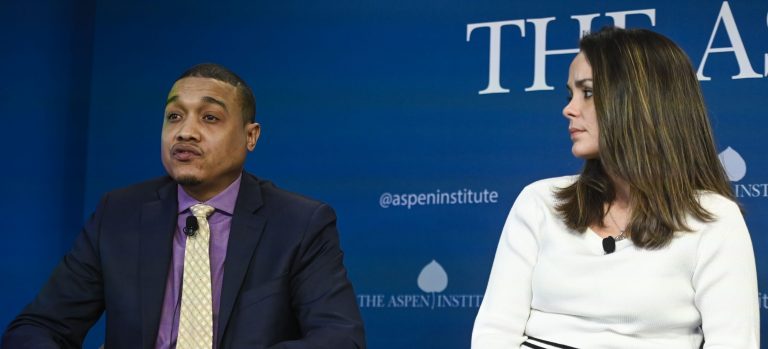Experiencing ThinkXChange: A Parent Ambassador’s Perspective
When I began my journey as a single parent, I had a fledgling law practice that did not generate consistent income. Living on inconsistent income made our household vulnerable to life’s uncertainties. It also taught me that my children and I must be holistically equipped so that our family unit can persevere in the midst of any emergency or uncertainty that we face. What does being “holistically equipped” look like? It means that we can responsibly manage our limited resources, that we are food and housing secure, mentally and physically healthy, and have at least one safety net. Holistically equipping, to me, involves using two-generation strategies to break the cycle of poverty and economic insecurity within vulnerable families.
I want to holistically equip other struggling single mothers in Columbus, Ohio who, like me, find their households teetering back and forth between stability and instability. Given societal views about single mothers, I wondered if I could successfully make the case for using two-generation strategies to improve
economic and educational outcomes for women like me and our children within my community. This question was answered during my participation in the 2014 Aspen ThinkXChange.
The Aspen ThinkXChange is the national forum on two-generation solutions held in Aspen, Colorado at the Aspen Institute’s campus. Hosted by Ascend at the Aspen Institute, the forum included more than 200 national leaders from a range of sectors, talking candidly and with great passion about ways to move families toward opportunity and security with a two-generation lens. My participation – as a parent and community leader – confirmed what I have always believed that regardless of race, sex, socio-economic status, or geography, we are each other’s keepers. Polling results released at ThinkXChange 2014 show that the public is very aware that two-generation strategies are increasingly necessary to improve economic and educational outcomes for parents and children in vulnerable families. There were plenary sessions that highlighted major issues like the transformation of Head Start to help advance parents’ college success, and there were smaller discussions on challenges like transportation and asset limits. Because I believe so strongly in the power of words, I was profoundly affected by the transformational narratives presented by ThinkXChange participants at the closing night plenary, where five two-generation leaders told their personal stories of resilience with candor – and humor.
Their narratives showed that as activists we must be transparent, vulnerable, and willing to share our personal story to establish the connections needed to successfully use two-generation strategies within our respective communities. So what is the best way for me to use the tools learned and network connections made at ThinkXChange 2014 to disrupt generational poverty in the lives of the single mothers and their children who live in Columbus, Ohio? By equipping them with the information needed to stabilize their household. My dream is to develop a curricula for individual and family workshops through community organizations covering topics such as financial literacy, with an emphasis on budgeting and building an emergency fund, postsecondary education and training, nutritious meal planning with limited funds, and accessing emergency resources. Being a single mother is extremely difficult and stressful. To that end, individual and family assessments must be conducted to determine the physical and mental health well-being of the household. Unless a household is physically and mentally healthy, its members will not have the capacity to absorb and apply information about financial literacy, nutrition, emergency resources, and improving educational outcomes.
I am already talking with foundations and national nonprofit leaders I met at ThinkXChange about my two-generation goals for Columbus. Breaking the cycle of generational poverty requires innovation, engaging different voices, and a willingness to collaborate across systems and disciplines. Implementing two-generation strategies will undoubtedly cause growing pains within the traditional models established to assist vulnerable families. But these growing pains will yield bountiful rewards – in holistically equipped families – that can ultimately change their trajectories across generations.
Related Posts
